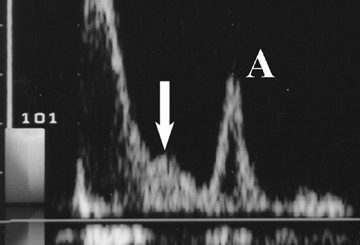Medicine MCQs – 23
Contents
- 1 All of the following are correct about Eculizumab EXCEPT -
- 2 Eculizumab is a recombinant humanized monoclonal antibody against the complement protein -
- 3 All of the following are correct for Paroxysmal nocturnal hemoglobinuria EXCEPT:
- 4 Under normal circumstances, free hemoglobin released by hemolysis is removed by -
- 5 All of the following are CORRECT about thrombosis in PNH patients EXCEPT -
- 6 Which is the most common site for thrombosis in PNH patients?
- 7 Which medicine dramatically alters the natural course of PNH, reducing symptoms and disease complications as well as improve survival?
- 8 All of the following are useful in treatment of Paroxysmal nocturnal hemoglobinuria as required EXCEPT:
- 9 Which of the following support a diagnosis of hemolysis?
- 10 Most common finding in Paroxysmal nocturnal hemoglobinuria is -
All of the following are correct about Eculizumab EXCEPT -
Meningococcal vaccination is recommended at least 2 weeks before receiving eculizumab
Eculizumab is a recombinant humanized monoclonal antibody against the complement protein -
Eculizumab is a recombinant humanized monoclonal antibody against the complement protein C5
All of the following are correct for Paroxysmal nocturnal hemoglobinuria EXCEPT:
In PNH - Mutation of the X-linked gene phosphatidylinositol glycan class A (PIGA), produces a deficiency in the glycosylphosphatidylinositol (GPI) protein, which is responsible for anchoring other protein moieties to the surface of erythrocytes.
Under normal circumstances, free hemoglobin released by hemolysis is removed by -
Clinical settings - Haptoglobin assay is used to screen for and monitor intravascular hemolytic anemia.
In intravascular hemolysis, free hemoglobin will be released into circulation and hence haptoglobin will bind the hemoglobin. This causes a decline in haptoglobin levels.
All of the following are CORRECT about thrombosis in PNH patients EXCEPT -
Cerebral venous thrombosis is common
Cerebral venous system is the second most frequent location of thrombosis after hepatic veins.
https://www.ncbi.nlm.nih.gov/pmc/articles/PMC4602837/
Which is the most common site for thrombosis in PNH patients?
Hepatic vein thrombosis (Budd-Chiari syndrome) is recognized as one of the most common sites of thrombosis
Hepatic failure is a common cause of mortality in PNH
Which medicine dramatically alters the natural course of PNH, reducing symptoms and disease complications as well as improve survival?
Eculizumab- is a medication used to treat
- paroxysmal nocturnal hemoglobinuria (PNH)
- atypical hemolytic uremic syndrome (aHUS)
- generalized myasthenia gravis
- neuromyelitis optica
All of the following are useful in treatment of Paroxysmal nocturnal hemoglobinuria as required EXCEPT:
Long-term glucocorticoids not useful and contraindicated
Which of the following support a diagnosis of hemolysis?
Decrease in haptoglobin and Low Hb and Hematocrit support a diagnosis of hemolysis
Most common finding in Paroxysmal nocturnal hemoglobinuria is -
Paroxysmal nocturnal hemoglobinuria (PNH) - most common- hemolytic anemia, hemoglobinuria, and shortness of breath.
Other findings - thrombosis, renal insufficiency, and bone marrow failure.





